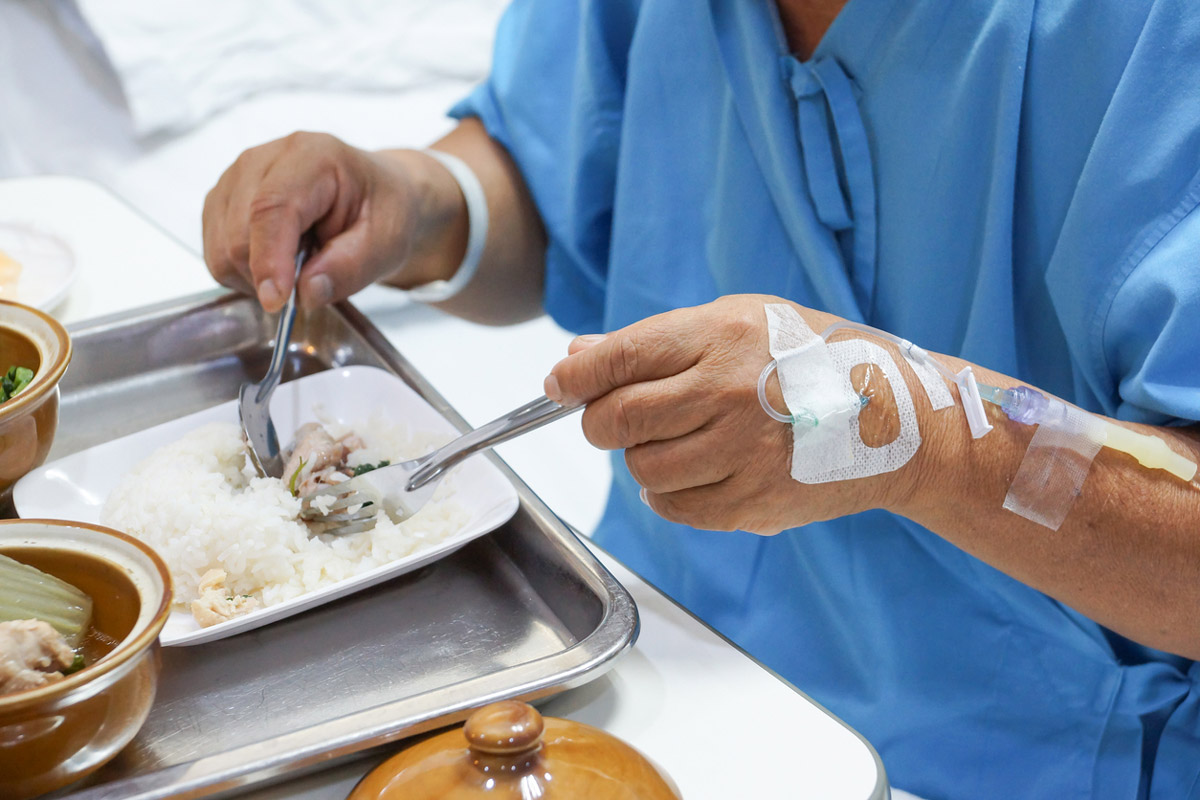
Surgery, whether minor or major, is a significant stressor on the body. Proper nutrition before and after a surgical procedure plays a crucial role in enhancing recovery, minimizing complications, and promoting overall healing. The right diet can boost the immune system, reduce inflammation, and provide the necessary building blocks for tissue repair.
Before undergoing surgery, the body needs to be in its best possible condition to handle the stress of the operation and to kickstart the healing process immediately afterward.
Here are some key nutritional recommendations:
1. Protein: Essential for tissue repair and immune function. Sources include lean meats, fish, eggs, dairy products, beans, and legumes.
2. Vitamins and Minerals: Particularly vitamins A and C, and zinc, which are crucial for wound healing. Vitamin A can be found in leafy greens and orange vegetables like carrots, while vitamin C is abundant in citrus fruits, strawberries, and bell peppers. Zinc is found in meat, seafood, dairy, nuts, and seeds. Many of these vitamins and minerals may need to be taken as a supplement to ensure adequate amounts as you prepare for your procedure.
3. Healthy Fats: Omega-3 fatty acids reduce inflammation and are found in fatty fish, flaxseeds, chia seeds, and walnuts.
4. Hydration: Adequate water intake is essential for overall bodily functions and to ensure cells are well-hydrated.
Boost your post-surgery recovery with increased protein intake, antioxidants, fiber, and hydration.
Post-Surgical Nutrition
After surgery, the body’s nutritional needs increase to facilitate recovery and healing. Here’s what to focus on:
1. Protein: Continues to be vital for healing and tissue regeneration. Aim for a higher intake than usual to support the increased demand.
2. Fiber: Helps prevent constipation, which can be a side effect of pain medications. Sources include whole grains, fruits, vegetables, and legumes.
3. Antioxidants: Foods rich in antioxidants, such as berries, nuts, and green tea, help reduce oxidative stress and inflammation.
4. Probiotics: Aid in maintaining a healthy gut microbiome, especially if antibiotics were prescribed. Yogurt, kefir, sauerkraut, and other fermented foods are excellent sources.
5. Vitamin D and Calcium: Important for bone healing and strength. Dairy products, fortified plant-based milks, leafy greens, and sunlight exposure help meet these needs.
6. Recovery supplements and vitamins: During recovery and increased inflammation you may benefit from specific supplements to help your body heal and recovery, following increased trauma and inflammation.
Sample Diet Plan
Pre-Surgery
-Breakfast: Greek yogurt with honey and fresh berries.
– Lunch: Grilled chicken salad with a variety of colorful vegetables, quinoa, and a vinaigrette dressing.
– Snack Carrot sticks with hummus.
– Dinner: Baked salmon with a side of steamed broccoli and sweet potato.
Post-Surgery
– Breakfast: Smoothie with spinach, banana, protein powder, and almond milk.
– Lunch: Lentil soup with a whole-grain roll.
– Snack: Apple slices with peanut butter.
– Dinner: Tofu stir-fry with mixed vegetables and brown rice.
Proper nutrition before and after surgery is not just about eating enough food but eating the right kinds of food. A well-balanced diet rich in proteins, vitamins, minerals, and healthy fats can significantly improve surgical outcomes and speed up the recovery process.
Consulting with a healthcare provider or a nutritionist can also provide personalized dietary recommendations to support individual needs during this critical period.


